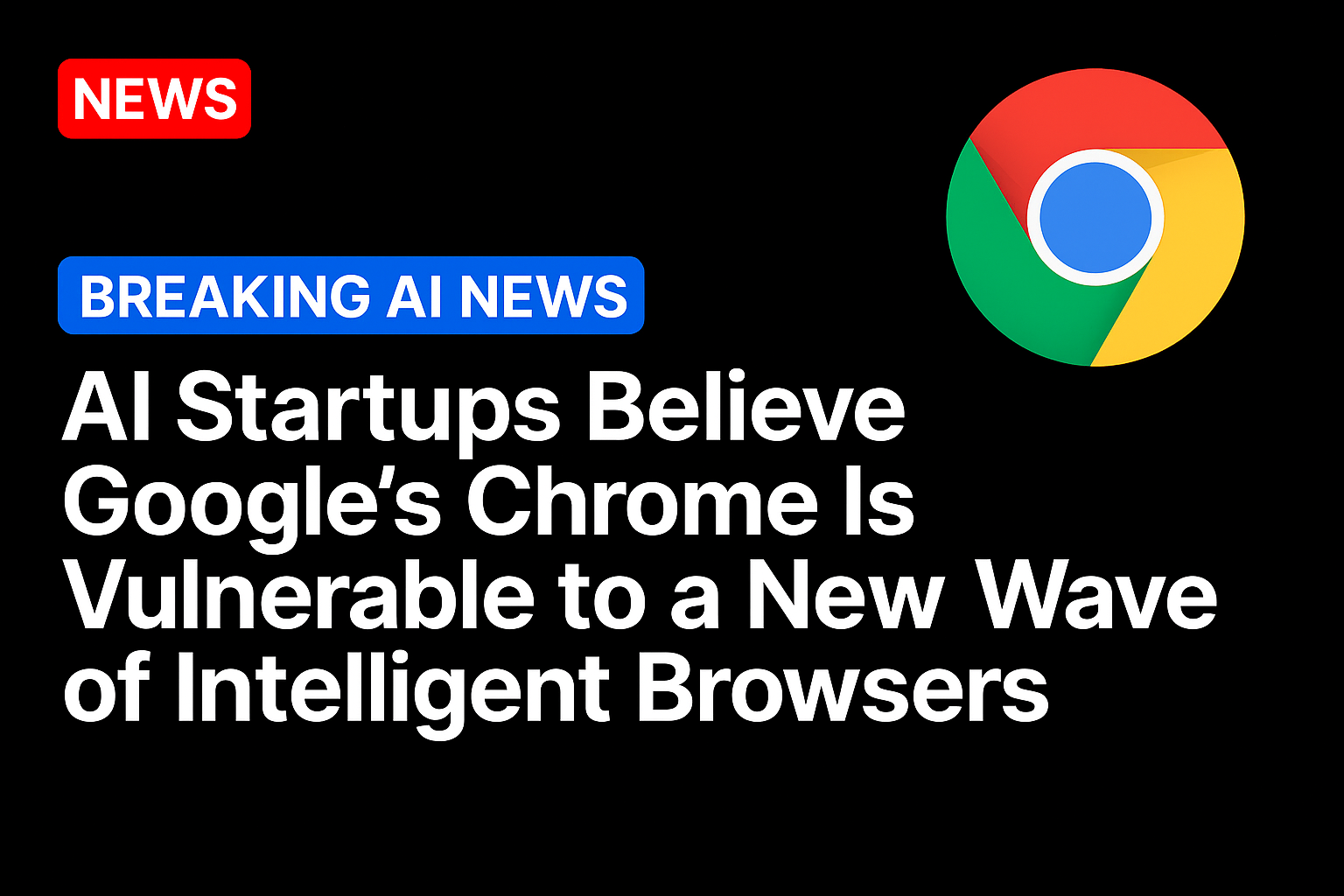A new generation of AI-powered web browsers is emerging to challenge the long-standing dominance of Google Chrome and traditional search engines, promising a smarter, more intuitive way to navigate the internet.
The Rise of AI Browsers
Startups like Perplexity and Comet, alongside heavyweights such as OpenAI, are redefining the browsing experience by integrating advanced artificial intelligence directly into browsers. These tools offer conversational interfaces, real-time summarization, and contextual understanding, making it easier for users to find relevant information without sifting through endless search results.
Perplexity’s browser, for instance, acts more like a knowledgeable assistant than a traditional search engine — answering questions in natural language, citing sources, and continuously refining responses based on user feedback. Similarly, Comet integrates AI chat into every tab, helping users research, draft emails, or even write code directly in their browser.
The Decline of Keyword Search?
For decades, Google’s search box and Chrome browser have been the default entry points to the web, built on the familiar model of typing keywords and clicking through links. But as users increasingly expect direct answers and personalized assistance, AI-driven browsers threaten to erode that dominance.
Even Google itself is experimenting with AI in search through its Gemini-powered tools, signaling that the industry is shifting toward conversational and predictive experiences.
Why It Matters
For consumers, AI browsers promise to save time, reduce cognitive load, and deliver more relevant results. For businesses, it represents a shift in how digital audiences discover and engage with content, potentially reshaping SEO, advertising, and content strategies.
Industry analysts say it’s too early to declare the end of Google’s reign — but the rise of AI-powered browsers marks the most credible challenge yet to its supremacy.
The Road Ahead
As competition heats up, all eyes are on how quickly these AI browsers can scale and whether they can sustain user trust amid concerns about bias, accuracy, and privacy. Meanwhile, Google and other incumbents are racing to integrate similar capabilities into their own platforms.
One thing is clear: the way we browse and search the web is evolving rapidly — and AI is at the center of that transformation.





